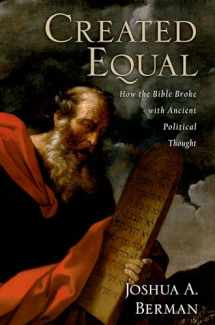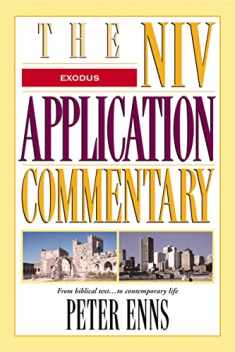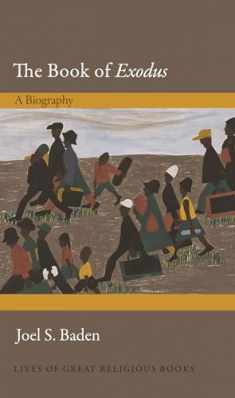
Created Equal: How the Bible Broke with Ancient Political Thought
Book details
Summary
Description
In Created Equal, Joshua Berman engages the text of the Hebrew Bible from a novel perspective, considering it as a document of social and political thought. He proposes that the Pentateuch can be read as the earliest prescription on record for the establishment of an egalitarian polity. What emerges is the blueprint for a society that would stand in stark contrast to the surrounding cultures of the ancient Near East - Egypt, Mesopotamia, Ugarit, and the Hittite Empire - in which the hierarchical structure of the polity was centered on the figure of the king and his retinue. Berman shows that an egalitarian ideal is articulated in comprehensive fashion in the Pentateuch and is expressed in its theology, politics, economics, use of technologies of communication, and in its narrative literature. Throughout, he invokes parallels from the modern period as heuristic devices to illuminate ancient developments. Thus, for example, the constitutional principles in the Book of Deuteronomy are examined in the light of those espoused by Montesquieu, and the rise of the novel in 18th-century England serves to illuminate the advent of new modes of storytelling in biblical narrative.


We would LOVE it if you could help us and other readers by reviewing the book
Book review





